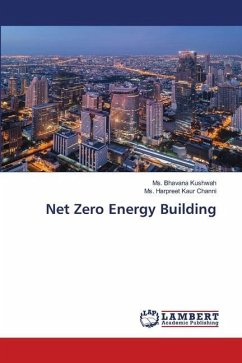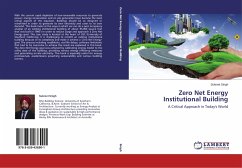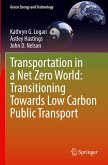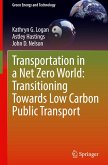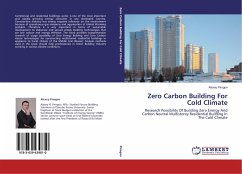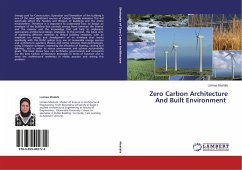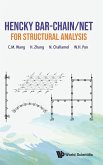With regard to the eco-system, is that as the global greenhouse gas levels continue to rise, the planet¿s temperature with corresponding rise, resulting in the melting of the ice caps and seriously altering global weather conditions Current estimates calculate that the world built environment account for approximately one third of all global greenhouse gas (GHG) emissions whilst consuming 40% of the world¿s energy. However, the challenge facing environmental architecture is melting the increasing demand for revolutionary architectural solutions while mitigating its impact on the eco-system. This paper is based on the review of research that describe user experiences with different type of energy efficient buildings, focusing on indoor climate and general satisfaction energy users have different concerns. Two main solution may be implemented to reduce CO2 emission and overcome the problem of climate change by replacing fossil fuels with renewable sources as much as possible zero energy building can exchange energy with the power grid as long as the net energy balances is zero on an annual basis. This paper presents a detailed review about zero energy building.

